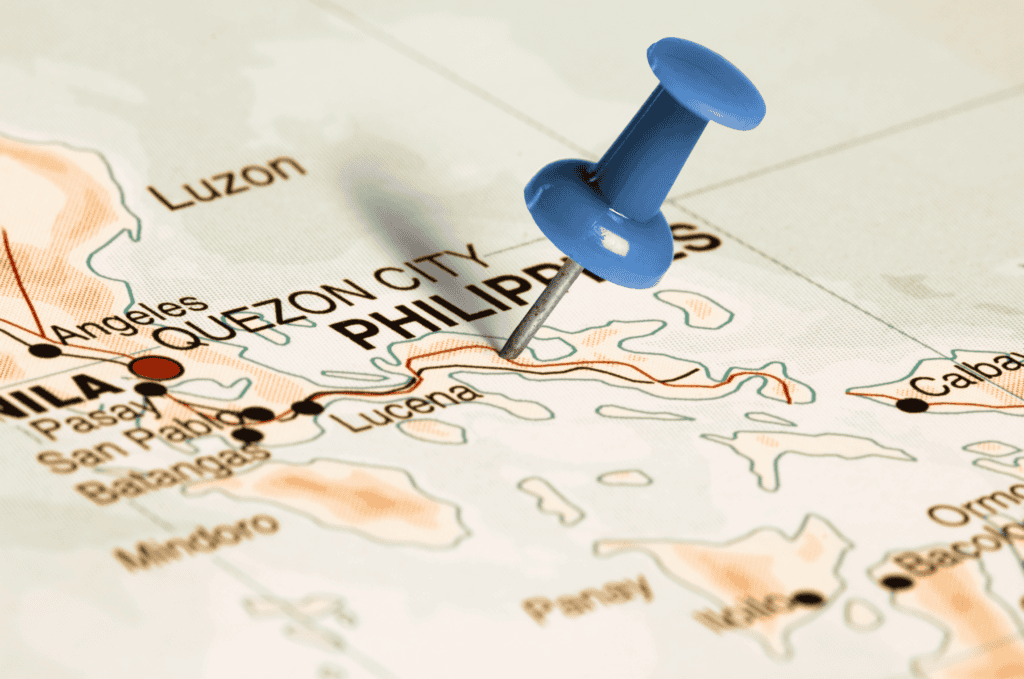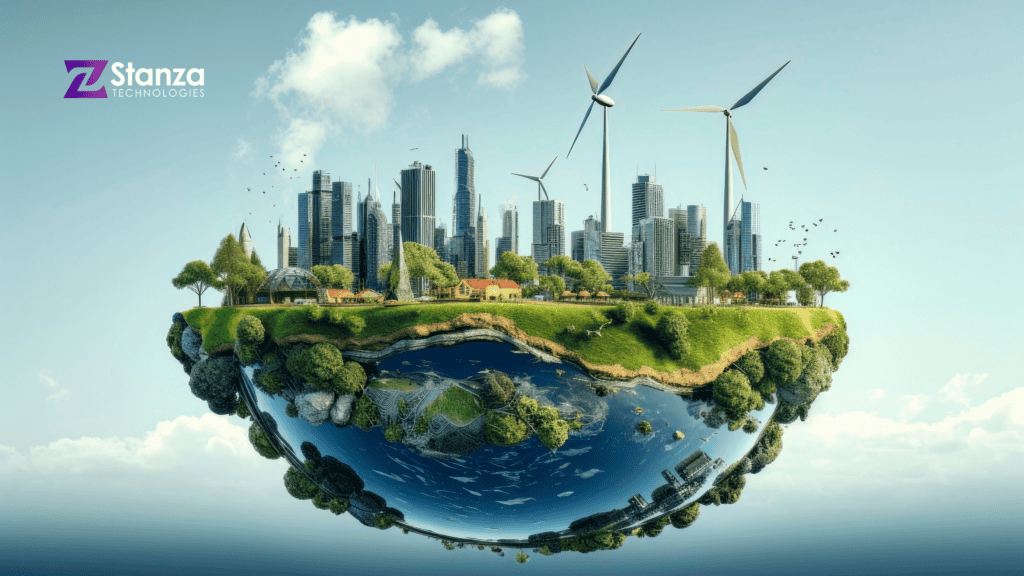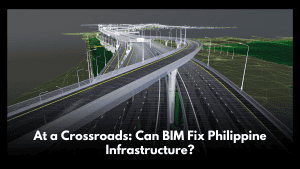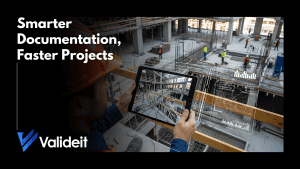In recent years, the global emphasis on sustainability has become increasingly crucial, especially in the construction industry. The impact of urbanization, population growth, and resource consumption has led to a growing awareness of the need for sustainable practices. One key avenue to address these challenges is the development of smart cities, which represent a vital step toward achieving sustainability in urban living.
The Importance of Sustainability in the Construction Industry:
The construction industry plays a significant role in shaping the sustainability landscape. It is a major consumer of resources and energy and a contributor to environmental degradation. Sustainable construction practices aim to minimize the environmental impact of buildings and infrastructure, considering their entire lifecycle. This includes reducing energy consumption, minimizing waste, and incorporating eco-friendly materials. Sustainable construction is not just a responsibility; it is a necessity for the long-term health of our planet.
Smart Cities as a Vital Action Towards Sustainability:
Creating smart cities is a strategic move towards achieving sustainability in urban development. Smart cities leverage technology and data-driven solutions to optimize resource usage, enhance efficiency, and improve the quality of life for their residents. These cities integrate various transportation, energy, healthcare, and communication systems to create a more connected and sustainable urban development.

The Philippines’ Initiative in Creating Smart Cities:
In the Philippines, the Department of Science and Technology (DOST) has embarked on an ambitious journey to transform 80 cities into smart cities. This initiative recognizes the potential of technology in addressing urban challenges and fostering sustainability. One notable project under this initiative is the New Clark City, which is designed for connectivity and has a strong focus on achieving sustainability goals. The integration of smart technologies in these cities enhances residents’ quality of life and attracts investors, leading to economic growth.
Smart Cities and Economic Growth:
The creation of smart cities acts as a magnet for investors, fostering economic growth in the process. Investors are attracted to smart cities’ innovation, efficiency, and sustainability. The integration of advanced technologies improves infrastructure and creates new opportunities for businesses, leading to job creation and overall economic development. The ripple effect of a thriving economy in smart cities extends beyond urban boundaries, positively impacting the nation.
The journey towards sustainability in the construction industry and urban development is a multifaceted challenge that demands innovative solutions. Smart cities represent a pivotal step in the right direction. The Philippines’ commitment to transforming 80 cities into smart cities such as Quezon City and Muntinlupa to name a few. The New Clark City exemplifies in demonstrating the tangible benefits of integrating technology for sustainable urban living. Beyond environmental considerations, smart cities’ economic growth and job opportunities highlight their significance in shaping a brighter and more sustainable future. As we continue to witness the evolution of urban landscapes, the creation of smart cities stands as a beacon of hope, showcasing the potential for a harmonious coexistence of technology, economy, and the environment.
REFERENCES:
DOST eyes 80 LGUs as smart, sustainable cities. – The Philippine Star
5 Soon-to-Rise and Newly Developed Green Buildings in the Philippines. – Pinoy Builders










